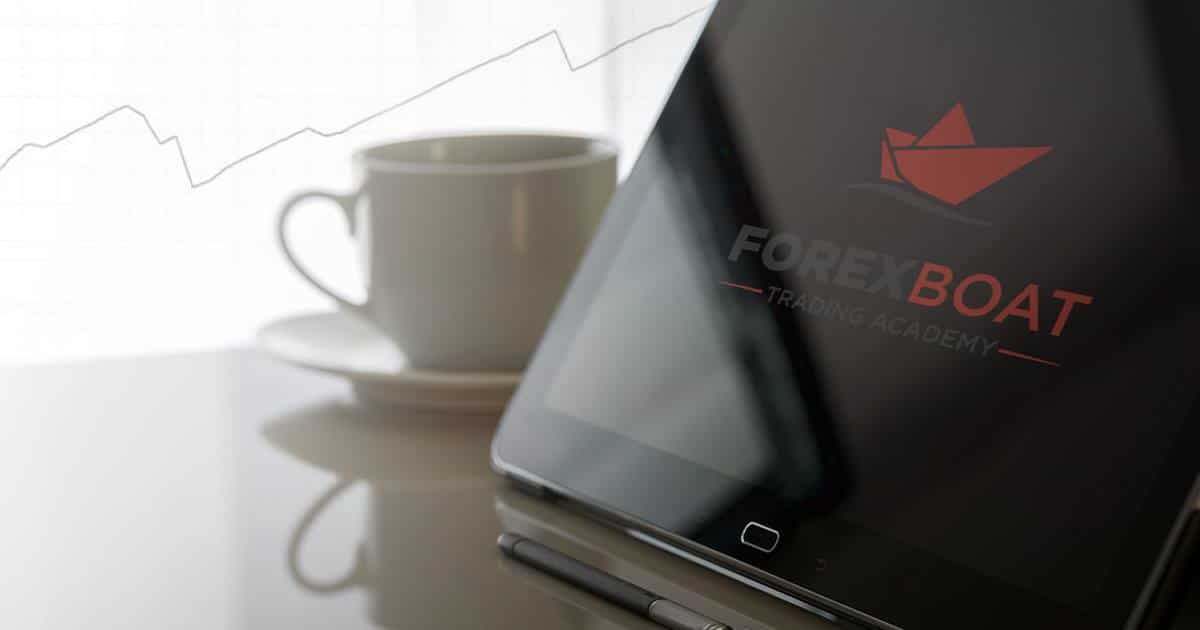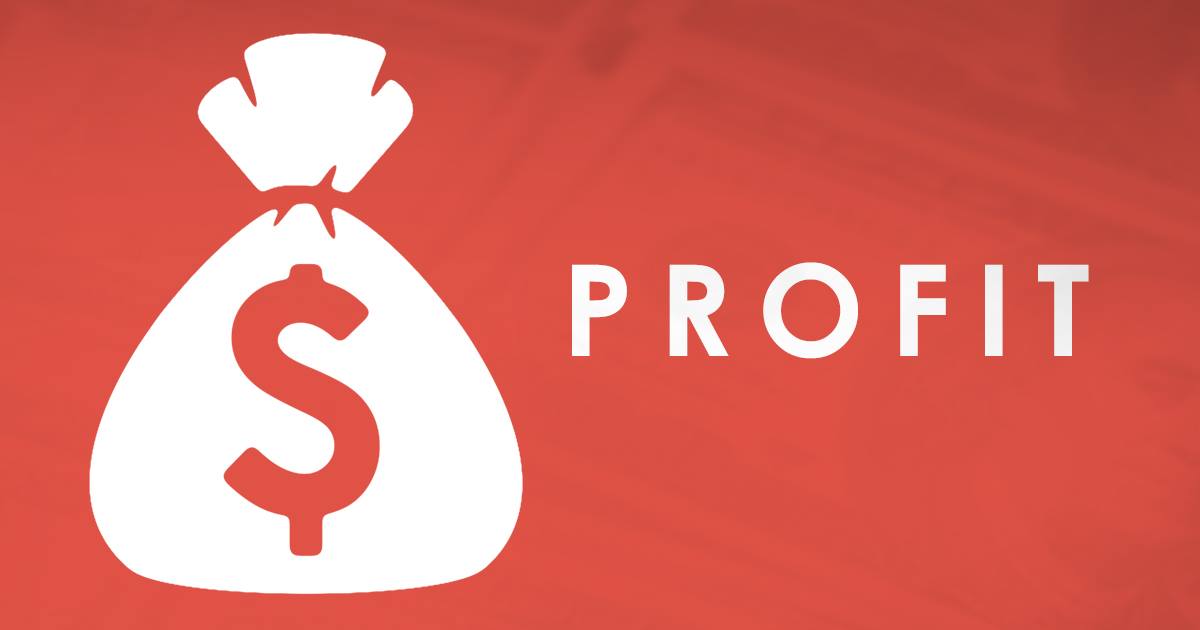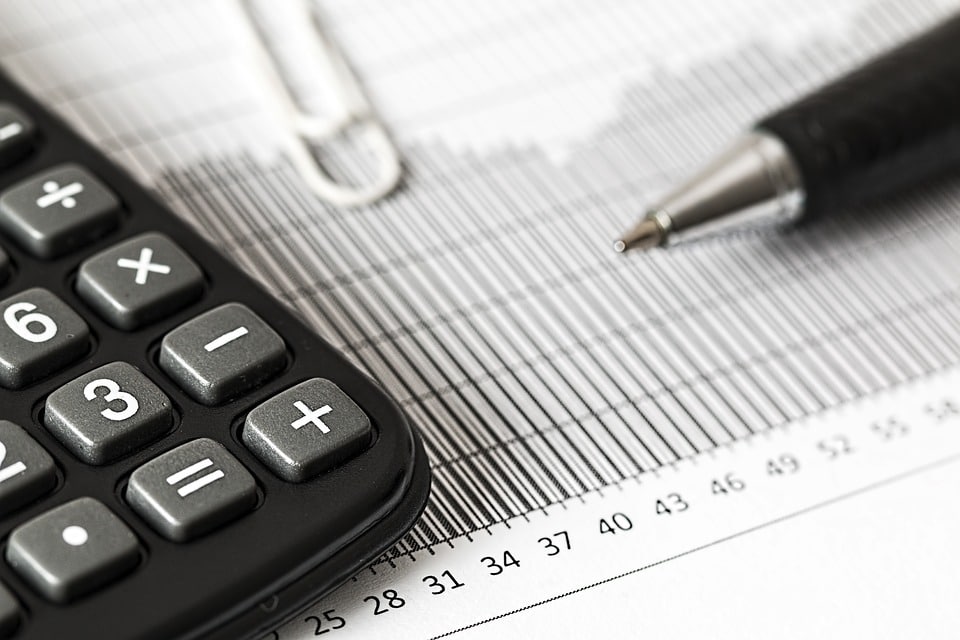Trading with a small Forex account is both a blessing and a curse. Blessing, because one can fail without much harm in case things go wrong. Curse, because if you trade Forex successfully on a small Forex account, you’ll have a hard time doing the same on a bigger one.
One of the best practices to trade Forex successfully is to use a demo account first. All great with that, but one thing misses: the emotions.
Demo profit is just that: paper profit. It doesn’t give you the thrills, emotions nor the excitement of actually making the profit.
A demo loss teaches traders nothing. When a position goes bad, traders tend to lose focus. After all, it is just a paper loss. Nothing else.
All things equal, let’s imagine the opposite. A loss in a live account turns the trader upside down.
He/she will try to understand what to do next to trade Forex successfully. A solution may be to move to manage a small Forex account. Next, grow it steadily and learn in the process. Finally, make the leap to a more significant account and trade Forex successfully in a similar fashion.
In this article we’ll cover, among others:
- paper trading – advantages and disadvantages
- the emotional rollercoaster when trading
- how to trade successfully for a living
- the drawdowns of trading with a small Forex account
- the benefits of trading a small Forex account
- costs involved to trade Forex successfully
- money management in currency trading
- successful practices to learn from trading a small Forex account
There’s no path known in advance. In the end, it is only a psychological game, a mindset to make it.
Pressure plays an important role. To make a profit, to succeed, etc. Can you handle it?

How to Trade Forex Successfully
This is a story about what it takes to trade Forex successfully. What are the sacrifices, the day-to-day things to do, the ins and outs of the process?
Many things come to complete the picture. Time, for instance.
A retrospective look at markets doesn’t help. Namely, checking historical prices and saying, “I’ll buy here” or “I’ll sell there,” won’t work.
It won’t work because it starts with a false premise. Do you have the time to trade? Are you available to trade at those hours?
Therefore, by time, think of:
- availability to trade
- the time zone you live in
Availability to trade refers to the “screen hours” to put in. Either trading a small Forex account or a big one, it doesn’t matter. The ability to trade Forex successfully on a small Forex account builds Forex habits to use later.
Most retail traders have a day job. After all, the bills come month in, month out.
Even if one manages to trade successfully with a small Forex account, it won’t be enough to cover for the lifestyle. Hence, trading a small account for a living doesn’t make sense.
What makes sense is to learn successful Forex techniques on a demo account. Or, better, on a small Forex account. And then try to replicate the performance with a bigger one.
Even having a larger account won’t justify giving up the job to trade for a living. But that is a different story we won’t deal with in this article.
The starting point to trade successfully with a small Forex account is demo trading. The road to Forex success begins with testing strategies. Hence, the demo environment works best for this purpose.
Demo Trading for the Beginner Trader
Demo or paper trading has plenty of advantage. For instance, it makes traders aware of the trading platforms capabilities.
Moreover, it shows the full extent of the product range offered by the broker. And, the trading conditions when the market experiences volatile times.
Furthermore, it allows learning money management skills. And, how the trading account evolves by using strict money management rules.
The cons of demo trading relate to the main reason why traders fail when trading a live account. The psychological stress and emotional rollercoaster are so intense that they break stronger characters.
But those aren’t part of demo trading. Hence, traders can’t learn how to cope with those feelings, until they trade a live account.
A Forex broker offers various account types. Some with fix spreads. Some other ones with variable spreads.
Trading a demo account gives the opportunity to see how the account performs in real life environment. For instance, how difficult is it to execute a trade in illiquid times?
Or, how much the spreads widen in volatile times? Armed with the info, traders get ready for trading a live account.
Obviously, it doesn’t make sense to fund it with a significant amount. Instead, funding a small Forex account makes sense more.
This way, traders:
- test the funding methods offered by the broker
- see how long the opening of an account takes
- see if there’s any difference between demo and live conditions
- check all the associated costs with opening a live trading account
Before trading a small Forex account, traders must understand the costs of it.

Trading a Small Forex Account
One of the most critical advantages of trading a small Forex account comes from its size. Yep, small account, small trading, less stress.
If there’s an ingredient to trade Forex successfully, this is the one. Unfortunately, it is easier to be relaxed about your trading when having a small trading account, than when trading bigger lots.
When you know things won’t impact your life that much, it is easier to cope with drawdowns. And, failures.
However, when trading a large account, there’s a different story. Despite knowing the possible big rewards, traders are scared of the risks involved.
The drawdown of trading small is that trading becomes a hobby. Not that this is something wrong. A hobby denotes passion and doing what you always love to help.

But, trading as a hobby doesn’t get a trader far away. More precisely, treating trading as a hobby doesn’t help.
People go a long way for a hobby. And, many of them are expensive.
They don’t care about the costs. After all, what good is a hobby for?
For this reason, treating trading as a hobby won’t teach you trading skills to survive. You’ll always pile some more cash in, as you’re in for something else. Not for making a profit.

Costs Associated with Trading
This part is valid not only when trading small. But, also when trading big.
Trading comes with specific costs like:
- swaps
- costs based on the interest rate differential in a currency pair
- are both negative and positive
- they differ for longs and shorts on the same pair
- depend on the traded volume
- charged after each trading day when positions rollover
- swing traders and investors always consider potential swap costs or benefits in a trade
- spreads
- fix or variable
- differ from currency pair to currency pair
- variable spreads widen when vital news comes out
- differ from trading account to trading account
- commissions
- apply to every trade
- depend on the trade size
- fees for the brokerage house
- deducted the instant a trade becomes active
- taxes
- depend on the fiscal regimen of each country
- apply to the gross profit
- usually paid for the previous year’s withdrawals
- deposits/withdrawal costs
- commissions and fees based on the funding method
So, let’s get this straight. From the potential profit, you must deduct all the above.
What’s left is what you can use. Legally.

People rush into trading for the potential profit. Day trading for a living sounds cool enough to do it.
However, a reality check tells us that the costs mount. Everyone wants a piece of the cake.
Regardless of the trading account size, these costs affect results. Most of them are directly correlated with the trading size, so there’s no economy of scale involved.
Money Management Rules to Use
Using pending orders, it’s a start. Even when trading small, it copes with the realities in a trader’s life. Namely: job, availability, limited resources, etc.
Pending orders give a disciplined approach to trading. The implications are that the trader knows what to do if the market reaches a specific level.
All trading platforms offer four types of orders:
- buy stop
- buy limit
- sell stop
- sell limit
Literally, they exist if the trader wants to:
- buy from higher levels
- buy from lower levels
- sell from lower levels
- sell from higher levels
Trailing stops increase the chances to trade Forex successfully. Traders use them to make the most of a trend.
For instance, many patterns have a measured move. That’s especially the case of reversal patterns, but not only, like:
- head and shoulders
- double and triple tops
- bullish and bearish flags
- pennants
- triangles
However, the measured move only comes to confirm a reversal. What if the market keeps pushing? What if the trend keeps going after the price reached the measured move?
Therefore, traders trail the stop of a trade. Typically, trailing moves at the close or lower value (in a bullish trend) of a specific candle.
In the case of an opposite trend, things go the other way around. While not in the default settings with the MT4 platform, traders can import indicators that solve the issue.
The rest of the money management rules you already know. If not, just browse through the articles in this blog. I’m sure you’ll find plenty of examples.
Things like:
- risk only one or two percent of the trading account on any single trade
- use proper risk-reward ratios
- avoid overtrading
- learn correlations, etc., should already ring a bell.
Trading Styles to Use
Retail traders come to the Forex market for a quick buck. And, a fast one.
Therefore, scalping is the preferred way of trading. For those that don’t know what scalping is, here’s a hint:
- buying or selling multiple times during the trading day for a quick profit
Scalping, though, comes with elevated risks. Typically, traders that interpret economic news scalp their way out of the market.
However, the technical analysis also works for scalpers. Even when trading a small Forex account.
To make the most of the market moves, traders focus on lower timeframes. This is what most of the retail traders do.
While not exactly the recipe to trade Forex successfully, scalping on lower timeframes does make sense. After all, even the Forex market spends most of the time in consolidation.
Moreover, some cross pairs do a range for long periods of time and scalping is there for traders to use.
Swing trading or investing don’t quite fit when trading small. The reason for it comes from the human nature trait of wanting things quick and accurate.
Namely, traders want a huge profit (e.g., a million) but starting from a hundred bucks account. Well, that’s not real, it’s just advertising. Or, daydreaming.
When reality kicks in, when trading a small Forex account such nonsense should be avoided. Know what you can do with the account and master how to do it!
In need of Forex tips? Here’s one: scaling.
Scaling into a position means adding to a winning one. Or, averaging on a losing one.
While the latest option sounds like a martingale system, scaling does work. However, traders need discipline and rules to follow.
If anything, this is the time to check what was mentioned in the money management section in this article.
News Trading with a Small Forex Account
Trading a small Forex account is also subject to new trading. This is when the market moves the most.
Or, when the opportunities arise. But, also the risks.
The biggest problem is that traders take the standard interpretation for granted. For instance, consider the NFP (Non-Farm Payrolls).
The release shows the changes in the labor market for the most robust economy in the world. Released in the United States, the NFP stands for all the jobs created in the United States over a month period, excluding the ones in the agricultural sector.
Interpreting economic news is straightforward: good for the economy, positive for the currency.
Hence, traders of all types will buy the USD when the NFP beats expectations. And, will sell it when the release disappoints.
However, trading is not that easy. If it were, everyone would be a millionaire at least.
The thing is that trading these days depends on what robots or algorithms do. What they buy, sell, trade matters as much as the fundamental interpretation.
For a small Forex account or a large one, the initial market reaction will have a similar impact. Robots will act as programmed.
However, revisions come out often. They refer to the previous releases, and algos get confused. Simply put, they don’t know what do to next.
Moreover, together with the NFP, the Unemployment Rate comes out. It so happens that sometimes the two releases differ. Hence, even more, confusion.
Furthermore, other data related to other important currency influences the overall flows in or out of a currency pair. In this case, the Canadian jobs data comes out usually at the same time.
The point here is that new trading is risky both when trading a small Forex account and when trying to build a strategy to trade Forex successfully.
Conclusion
Trade successfully with a small Forex account builds trust. And, as almost all retail traders know, this is a necessary trait when speculating on the currency market.
To trade Forex successfully, traders need more than trust. They need time, the proper strategy, discipline, money management, and guts.
Guts to ride a trend. Guts to have a contrarian opinion. And, above all, courage to stand against the general consensus.
Literally, there is little or no difference between trading a small Forex account or a big one. Trading small or big should be just a nuance.
A trader will know from the start if he/she is in the game of trading for a living, speculating for fun or scalping as a hobby. Life tells you why you are in the FX market.
For some, to trade Forex successfully is a piece of cake. Not for many, though.
If numbers don’t lie (and they don’t!), most retail traders fail on their first approach to trading. This isn’t encouraging.
Trading with a small Forex account is one of the reasons. Not because making a profit is impossible. Instead, the problem comes from expecting too much from a too small trading account.
To trade Forex successfully, a balance must exist. Between life, working hours, hours dedicated to trading, passion, the size of the trading account, and so on.
Such a balance is hard to find. More importantly, is hard to follow it day in, day out.
This is one of the reasons why traders end up programming robots: they can’t cope with the passion for trading and the temptation of making an extra buck, with the discipline required.
START LEARNING FOREX TODAY!
- FOREX
- FOREX for beginners
- FOREX Strategy
- FOREX trading
- Small Forex Account
- Start trading forex
- trading strategy
share This:







Leave a Reply